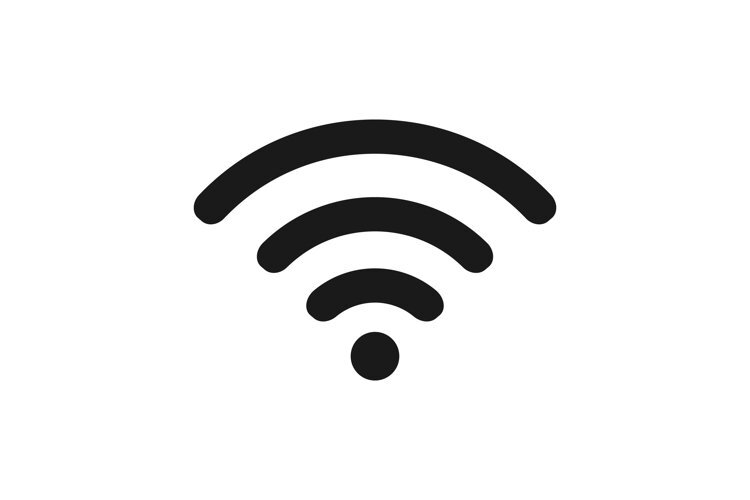One area where there is a good deal of bipartisan agreement in Minnesota is the need to expand broadband internet. The growth of remote work offers the opportunity to spread economic activity more evenly across the state, alleviating house price pressures and boosting local economies. Expanding broadband coverage would assist with that.
But how to pay for it? The last couple of years have seen a mania for “infrastructure” spending. They have also seen a mania for calling anything and everything “infrastructure,” whether it is or isn’t.
This might lead one to ask how a state which boasted a forecast budget surplus of $18 billion not so long ago managed to blow all that without paying for something like expanded broadband, which fits most definitions of infrastructure (the actual definitions, I mean). Nevertheless, that is what happened
Now — you guessed it — the DFL is looking to hike taxes again and in a way that could slow the spread of broadband in Minnesota.
In March, the Star Tribune reported:
Local governments have long negotiated franchise agreements with cable TV providers and utility companies to use public right-of-ways for infrastructure like wires.
Those deals usually include franchise fees, and for cable providers, a second fee specifically dedicated to what is known as Public Education and Government, or PEG. That’s basic public access media documenting local life and government.
A bill in the House — HF 4182, authored by Reps Freiberg (DFL), Stephenson (DFL), Tabke (DFL), Koegel (DFL), Kraft (DF), Bahner (DFL), Hanson, J. (DFL), Vang (DFL), Hemmingsen-Jaeger ; Hansen, R. (DFL), Newton (DFL), Wolgamott (DFL), and Carroll (DFL) — “would give cities and towns the option to strike similar franchise agreements — and impose fees — on broadband providers.”
The Star Tribune reports that:
Federal law limits cable franchise fees to 5% of annual gross revenue in that city, though the PEG fees are additional and uncapped. The latest version of the DFL legislation restricts broadband franchise fees to 5% of gross revenue and PEG fees to 3%.
So HF 4182 could hike the price of internet and broadband services by as much as 8%.
If this passes and cities decide to impose these hikes, internet and broadband providers will be faced with a choice: Either to eat the fee, pass it on to their customers, or simply avoid that city. Of those three, the latter two are the most likely.
Supporters of expanded broadband access in Minnesota should hope that HF 4182 fails.

